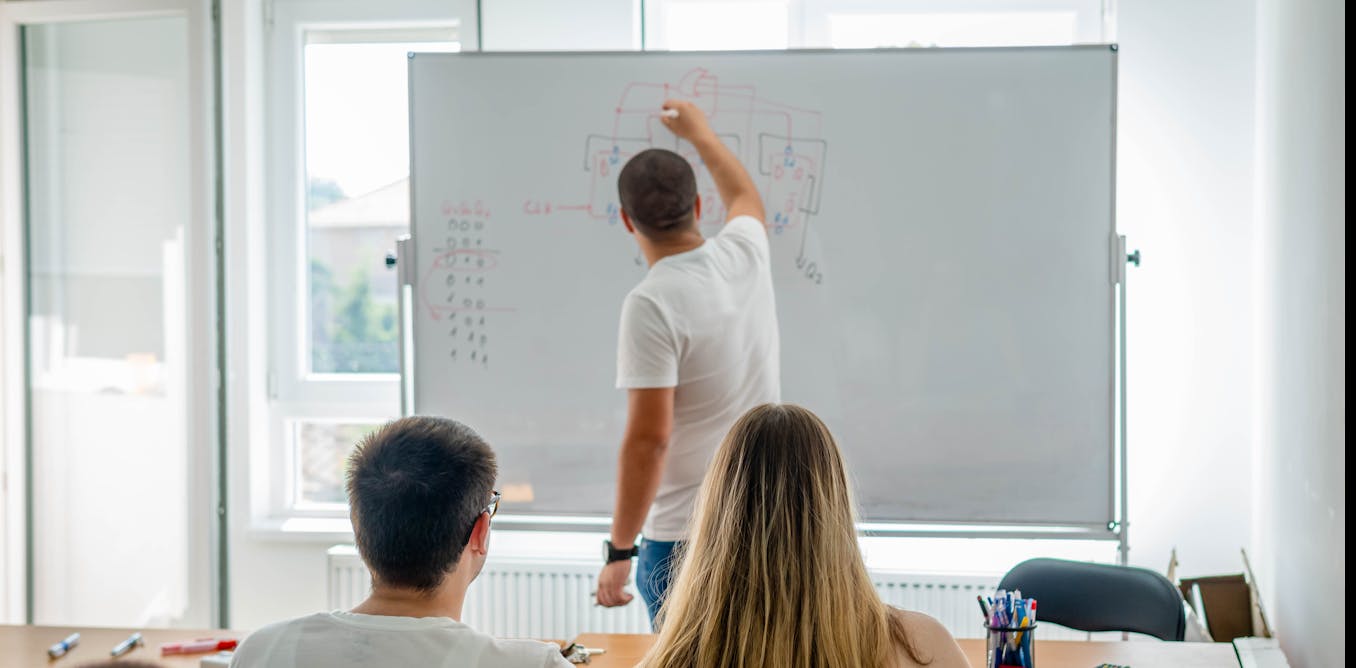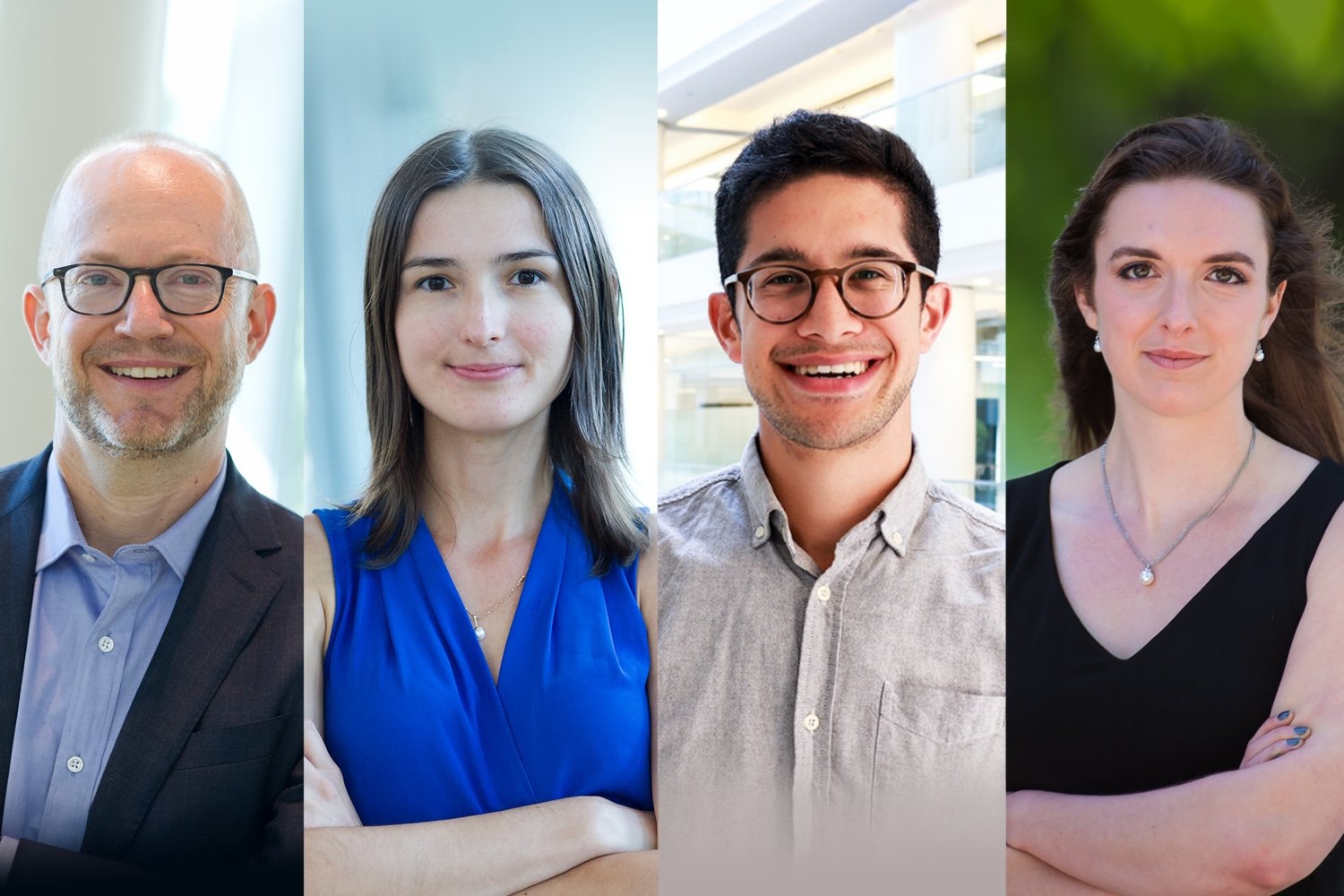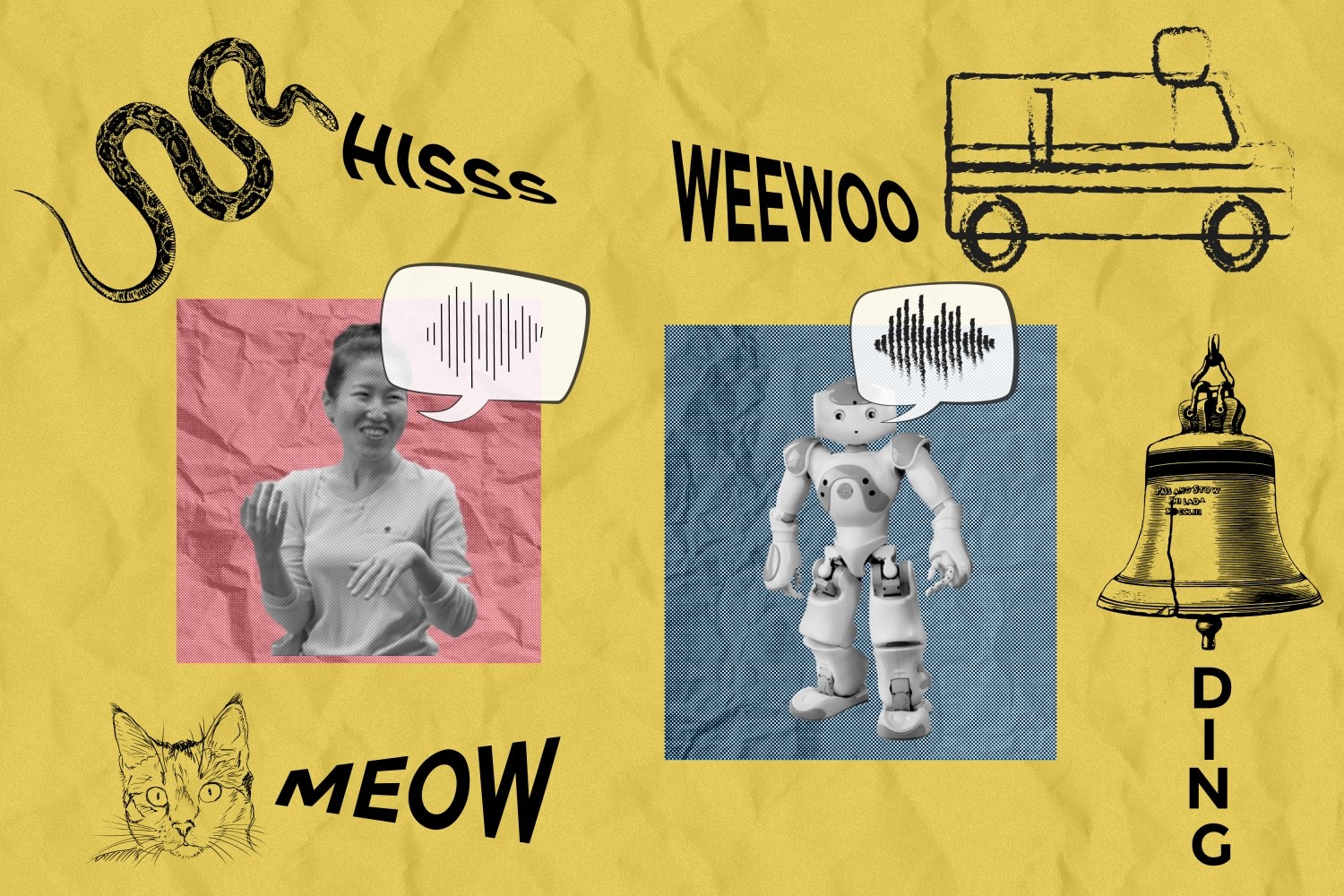Engineering the social: Students in this course use systems thinking to help solve human rights, disease and homelessness
Control systems keep your house warm and your car’s speed constant, but they could also help address societal problems.
Jan. 28, 2025 • ~5 min
Medical research depends on government money – even a day’s delay in the intricate funding process throws science off-kilter
A member of a grant review panel explains the ins and outs of applying for research funding – and the consequences of when the process suddenly stops.
Jan. 28, 2025 • ~8 min
Why government can’t make America ‘healthier’ by micromanaging groceries purchased with SNAP benefits
Maintaining a good diet is not cheap or straightforward, especially on a low income.
Jan. 27, 2025 • ~9 min
An eye for an eye: People agree about the values of body parts across cultures and eras
People from many different cultures across the globe and across millennia largely agree about which body parts are most valuable – and how much compensation they warrant when injured.
Jan. 10, 2025 • ~11 min
Teaching AI to communicate sounds like humans do
Inspired by the mechanics of the human vocal tract, a new AI model can produce and understand vocal imitations of everyday sounds. The method could help build new sonic interfaces for entertainment and education.
Jan. 9, 2025 • ~8 min
What is a war crime?
Wars always include killings and destruction, but there are limits. An expert in international law explains the rules of war laid out in the Geneva Conventions − and why they’re so hard to enforce.
Jan. 6, 2025 • ~8 min
/
92










